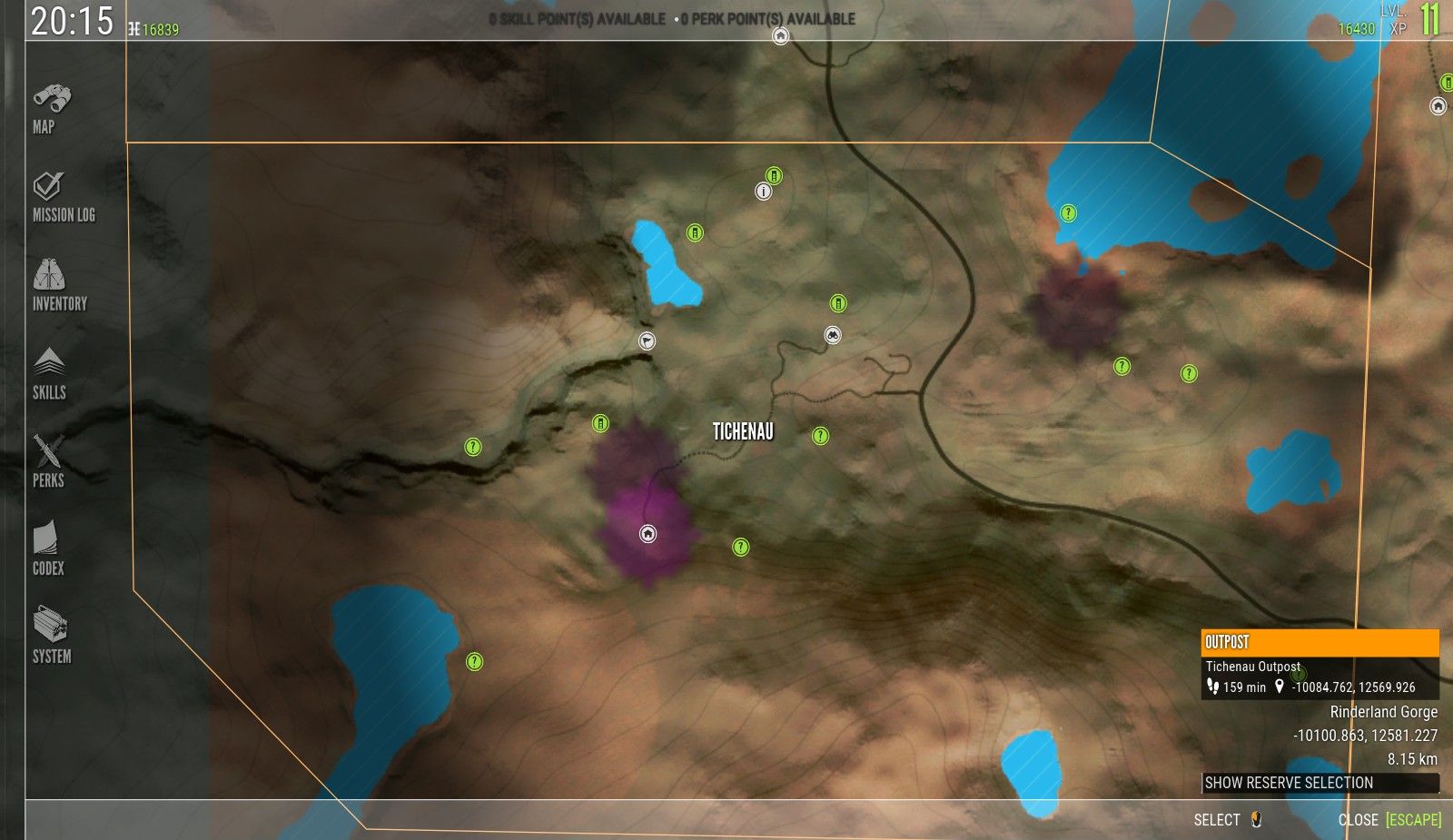

If you find yourself confronted with a feral hog, the best defense is to climb the nearest tree. However, they have occasionally chased hunters and other outdoor enthusiasts up trees. Specific rules and regulations exist regarding feral hogs, and proposed regulation changes are currently under consideration.įeral hogs have excellent senses of smell and hearing, and they typically avoid contact with humans. If you see someone releasing hogs, report them immediately to the phone number listed above or online.Ĭoncentrated trapping efforts by state and federal employees and private landowner partners have brought some success, but to be effective, trapping efforts need to continue year-round until every hog has been eliminated. Adding to the problem are illegal releases of hogs on public land or on private land that is not fenced to contain them. Populations are isolated and typically in remote, rugged terrain, making locating and killing the hogs difficult.

Anyone who observes a feral hog or damage caused by feral hogs should report it to the Department of Conservation rather than shooting the animal so we can work together towards eradication.Įradicating feral hogs is difficult, but necessary. With their high reproductive rate, removing one or two hogs does not help to reduce populations. Shooting one or two hogs scatters the sounder and makes trapping efforts aimed at catching the entire group at once more difficult, because hogs become trap-shy and more wary of baited sites. Hogs are social animals that travel in groups called sounders. When hunters shoot feral hogs, it complicates efforts to remove these pests. Department of Agriculture Animal and Plant Health Inspection Service, along with other partners and hundreds of private landowners, are working to eradicate feral hogs in Missouri. The Department of Conservation and the U.S. Hunting hogs on other lands is strongly discouraged. Instead, report feral hog sightings to 57, extension 3296 or online.

The take of feral hogs is prohibited on conservation areas and other lands owned, leased, or managed by the Department of Conservation. If you see someone releasing feral hogs, report violators to your local conservation agent. Report Feral Hog Sightings and Damage to 57 ext.


 0 kommentar(er)
0 kommentar(er)
